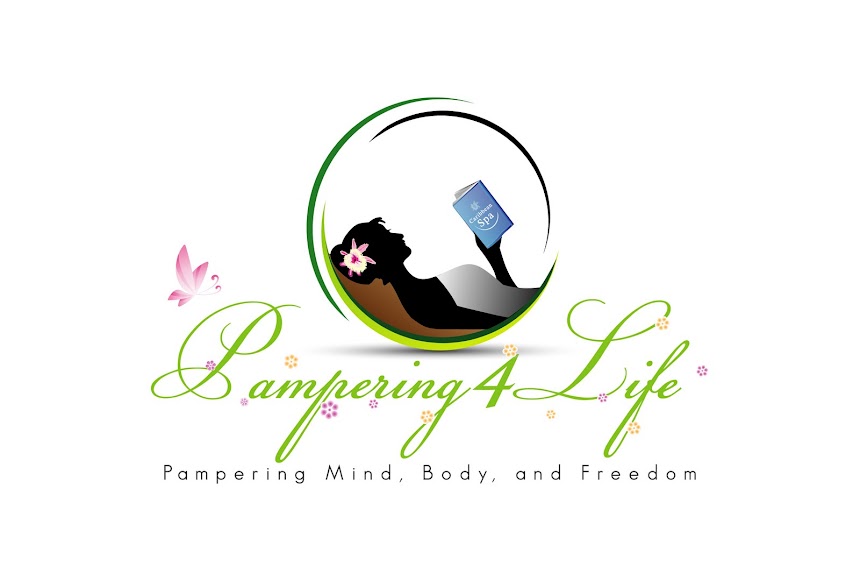 |
| Restless Night's |
The average night’s sleep for adults in the United States dropped to six and a half hours from more than eight. Some experts predict a continuing decline, thanks to distractions like e-mail, instant and text messaging, and online shopping.
Age can have a detrimental effect on sleep. In a 2005 national telephone survey of 1,003 adults ages 50 and older, the Gallup Organization found that a mere third of older adults got a good night’s sleep every day, fewer than half slept more than seven hours, and one-fifth slept less than six hours a night.
With advancing age, natural changes in sleep quality occur. People may take longer to fall asleep, and they tend to get sleepy earlier in the evening and to awaken earlier in the morning. More time is spent in the lighter stages of sleep and less in restorative deep sleep. R.E.M. sleep, during which the mind processes emotions and memories and relieves stress, also declines with age.
Habits that ruin sleep often accompany aging: less physical activity, less time spent outdoors (sunlight is the body’s main regulator of sleepiness and wakefulness), poorer attention to diet, taking medications that can disrupt sleep, caring for a chronically ill spouse, having a partner who snores. Some use alcohol in hopes of inducing sleep; in fact, it disrupts sleep.
Add to this list a host of sleep-robbing health issues, like painful arthritis, diabetes, depression, anxiety, sleep apnea, hot flashes in women and prostate enlargement in men. In the last years of his life, my husband was plagued with restless leg syndrome, forcing him to get up and walk around in the middle of the night until the symptoms subsided. During a recent night, I was awake for hours with leg cramps that simply wouldn’t quit.
 |
| Getting Enough Sleep Daily |
A good night’s sleep is much more than a luxury. Its benefits include improvements in concentration, short-term memory, productivity, mood, sensitivity to pain and immune function.
If you care about how you look, more sleep can even make you appear more attractive. In a study published online in December in the journal BMJ, researchers in Sweden and the Netherlands reported that 23 sleep-deprived adults seemed to untrained observers to be less healthy, more tired and less attractive than they appeared to be after a full night’s sleep.
Perhaps more important, losing sleep may make you fat — or at least, fatter than you would otherwise be. In a study by Harvard researchers involving 68,000 middle-aged women followed for 16 years, those who slept five hours or less each night were found to weigh 5.4 pounds more — and were 15 percent more likely to become obese — than the women who slept seven hours nightly.
Michael Breus, a clinical psychologist and sleep specialist in Scottsdale, Ariz., and author of “The Sleep Doctor’s Diet Plan,” points out that as the average length of sleep has declined in the United States, the average weight of Americans has increased.
There are plausible reasons to think this is a cause-and-effect relationship. At least two factors may be involved: more waking hours in homes brimming with food and snacks; and possible changes in the hormones leptin and ghrelin, which regulate appetite.
In a study published in 2009 in The American Journal of Clinical Nutrition, Dr. Plamen D. Penev, an endocrinologist at the University of Chicago, and co-authors explored calorie consumption and expenditure by 11 healthy volunteers who spent two 14-day stays in a sleep laboratory. Both sessions offered unlimited access to tasty foods. During one stay, the volunteers — five women and six men — were limited to 5.5 hours of sleep a night, and during the other they got 8.5 hours of sleep.
Although the subjects ate the same amount of food at meals, during the shortened nights they consumed an average of 221 more calories from snacks than they did when they were getting more sleep. The snacks they ate tended to be high in carbohydrates, and the subjects expended no more energy than they did on the longer nights. In just two weeks, the extra nighttime snacking could add nearly a pound to body weight, the scientists concluded.
These researchers found no significant changes in the participants’ blood levels of the hormones leptin and ghrelin, but others have found that short sleepers have lower levels of appetite-suppressing leptin and higher levels of ghrelin, which prompts an increase in calorie intake.
Sleep loss may also affect the function of a group of neurons in the hypothalamus of the brain, where another hormone, orexin, is involved in the regulation of feeding behavior.
 |
| True Health Comes From Rest |
If you have trouble sleeping, the tips accompanying this article may help. And if all else fails, try to take a nap during the day. Naps can enhance brain function, energy, mood and productivity.

No comments:
Post a Comment